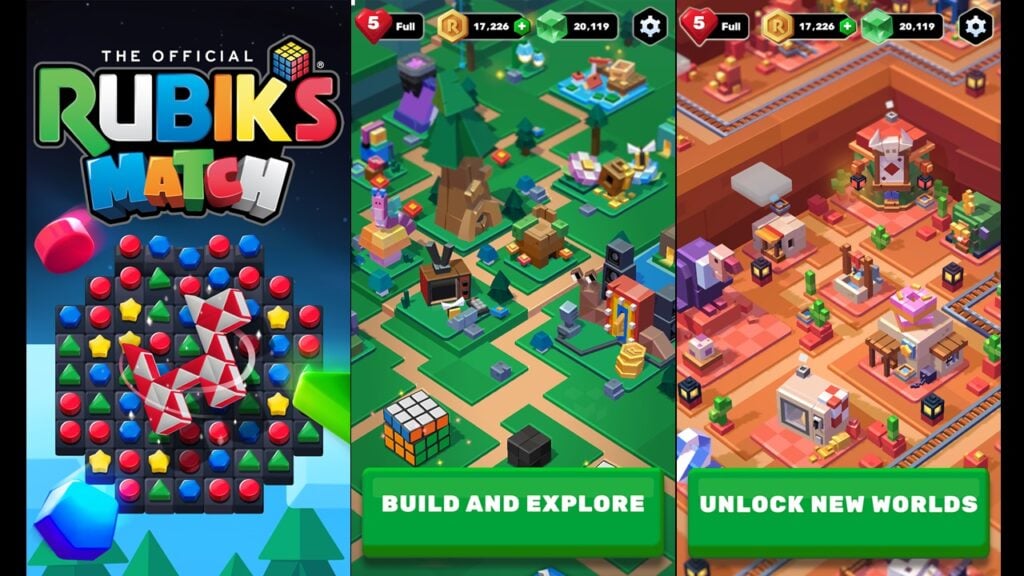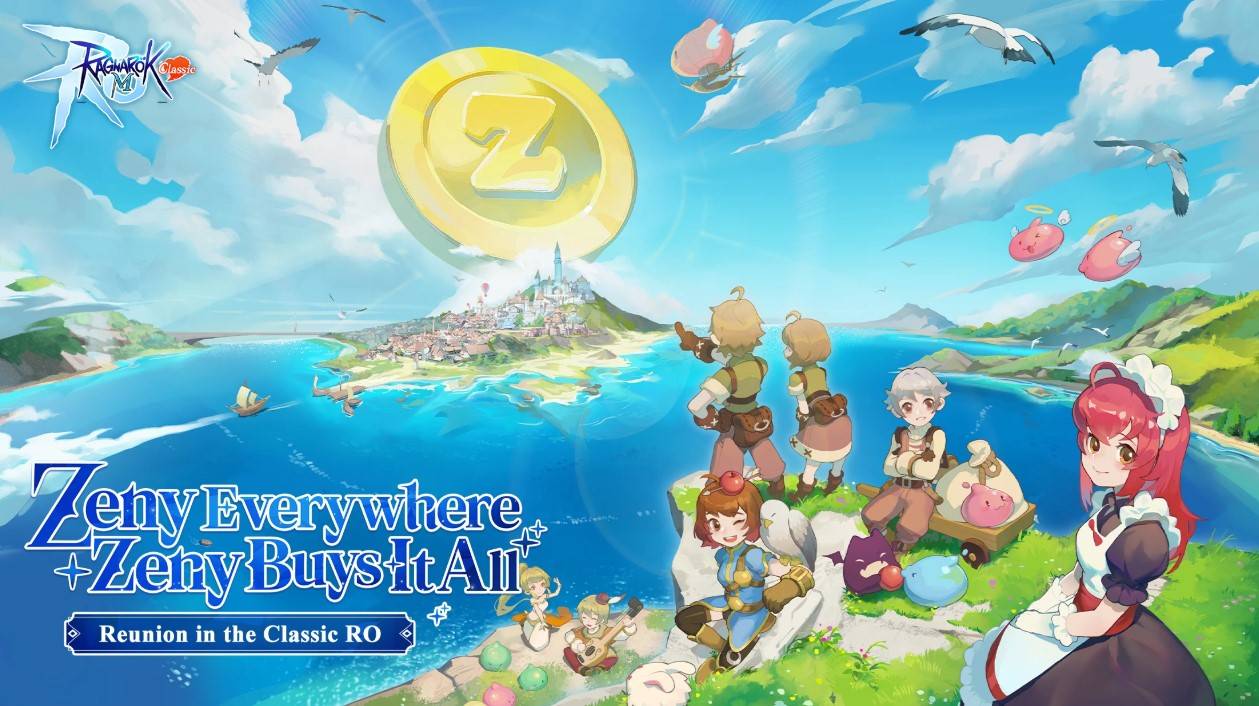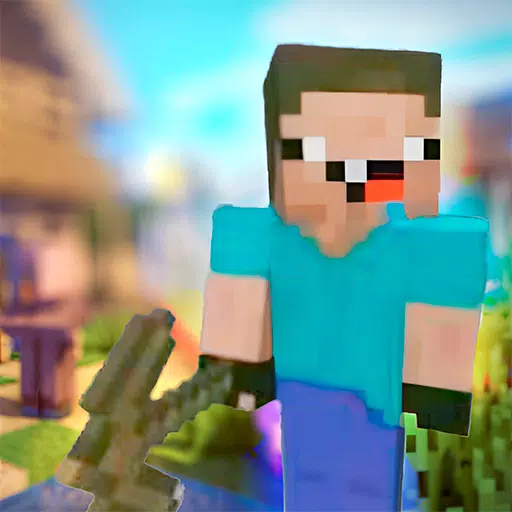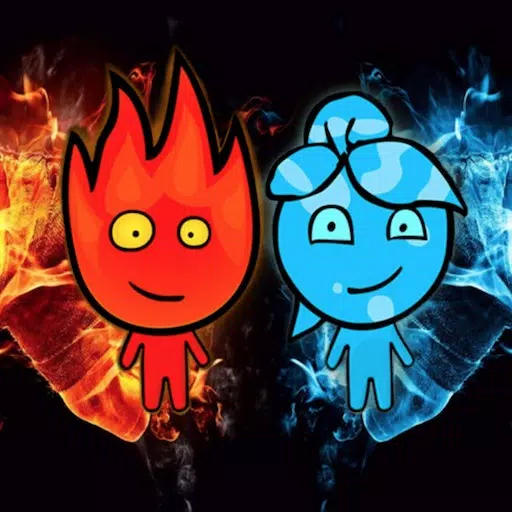Play Fable 2 Now, Skip Waiting for Fable
In the latest episode of the official Xbox Podcast, buried like a cursed treasure, was an update on Playground Games’ eagerly awaited Fable. This news, while a treasure due to a rare glimpse of gameplay, came with the curse of a delay. Originally slated for a release this year, Fable has now been postponed to 2026.
While delays can be frustrating, they often signal a developer's commitment to delivering a polished and detailed experience. In Fable's case, this extra time could be crucial for creating a richly immersive world. As we wait, there's no better time to dive into the Fable series, particularly Fable 2, which stands as the pinnacle of the series and a unique gem in the RPG genre crafted by Lionhead Studios back in 2008.
By modern standards, Fable 2 is remarkably distinctive. Even compared to its contemporaries like Fallout 3 and BioWare’s early 3D titles, Fable 2 stands out with its unique vision. It offers a traditional campaign with a linear main story and eclectic side quests, but its RPG systems are streamlined for accessibility. Instead of complex stat blocks, Fable 2 simplifies with just six main skills affecting health, strength, and speed. Weapon damage is straightforward, and armor or accessories don't complicate matters with additional stats. Combat is engaging yet simple, enhanced by inventive spellcasting, like the amusing Chaos spell that makes enemies dance and clean.Fable 2 is the perfect RPG for newcomers to the genre. In 2008, when Oblivion's vast open world could be overwhelming, Fable 2’s Albion provided a more digestible experience with manageable, easy-to-navigate maps. Accompanied by a loyal dog that alerts you to adventures, you can explore beyond the main paths to find treasures, caves, and the intriguing Demon Doors. Despite its smaller scale, Albion feels expansive and full of possibilities. However, its geography is more linear, guiding players from one landmark to another rather than allowing them to get lost in a sprawling world.
Though Albion might not compare in size to the expansive worlds of BioWare’s Infinity Engine games or Bethesda's Morrowind, judging it by those standards misses the point. Fable 2's strength lies in its vibrant, bustling society. Viewed through the lens of a game like The Sims, it showcases a remarkable simulation of life.
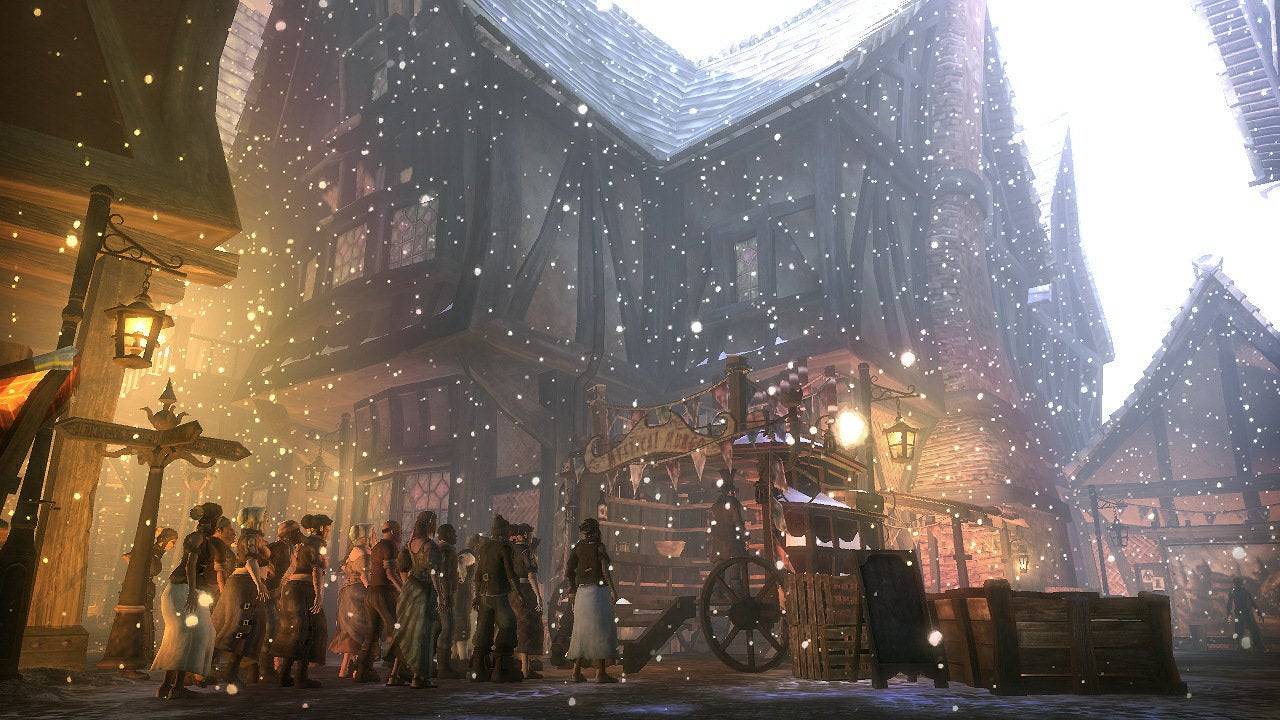
While your character is a Hero destined for grand adventures, Fable 2 shines when you immerse yourself in its society. You can purchase nearly every building, engage in minigames like woodcutting or blacksmithing, and become a landlord or homeowner. You can also romance NPCs, leading to humorous interactions and even starting a family. This artificial yet lifelike simulation sets Fable 2 apart, with few RPGs following suit in this aspect. Even modern gems like Baldur’s Gate 3 lack such organic social dynamics, though Red Dead Redemption 2 comes close with its responsive world and nuanced NPC interactions.
For the upcoming Fable, Playground Games should look to Rockstar’s living world rather than current tabletop-inspired RPGs. They must also maintain Fable's quintessentially British humor, complete with class satire and cheeky bum jokes, and feature a cast of beloved actors. Most crucially, they need to preserve Lionhead's approach to morality, which thrives on stark contrasts between good and evil.
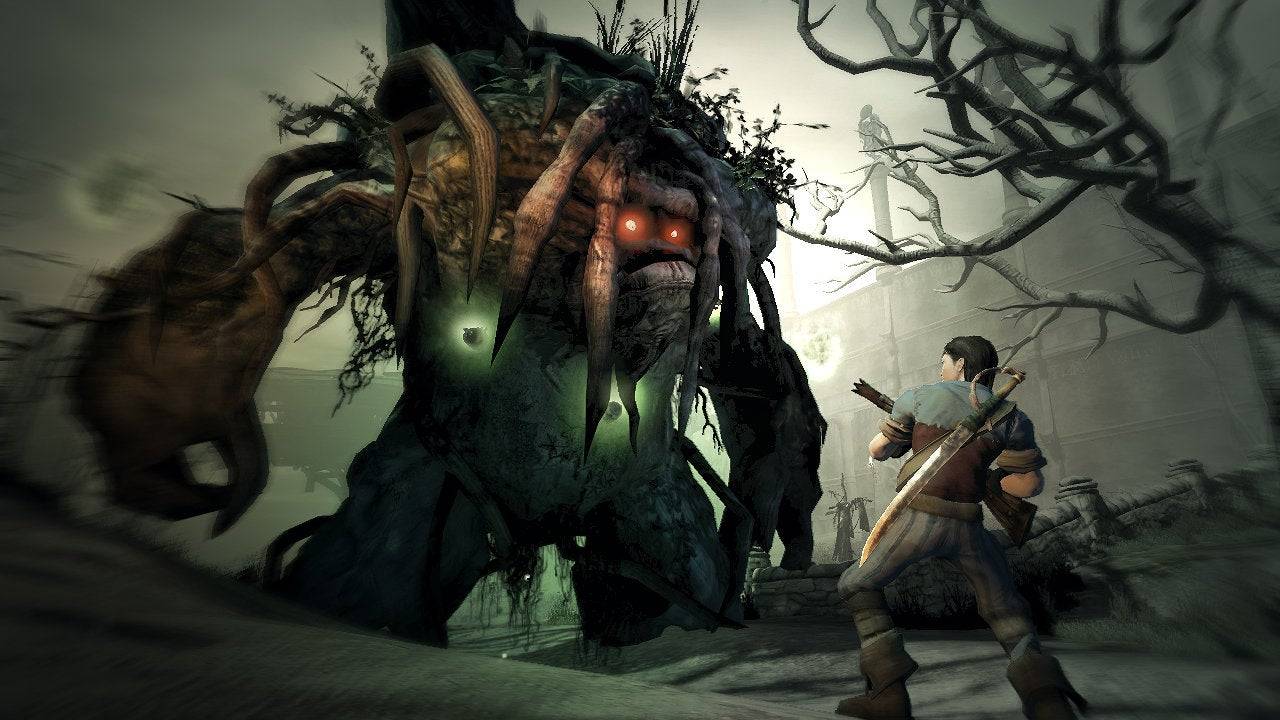
Recent RPG trends emphasize complex player choices, but Fable thrives on its simplicity. The first Fable game introduced physical transformations based on moral choices, while Fable 2 expanded this with more creative quest branching and a world that reacts to your actions over time. This focus on extremes makes being truly evil or good feel impactful, unlike many RPGs where moral outcomes can seem underwhelming.
It remains to be seen if Playground Games will capture Fable's essence. The recent pre-alpha footage showed a detailed world and hinted at a more open Albion. A brief city shot suggested a dense, lively environment reminiscent of Fable 2's societal simulation. Yet, a mere 50 seconds of footage can't reveal everything.As we eagerly await the new Fable, revisiting Fable 2 will remind you of its charm and uniqueness. It's crucial that Playground Games preserves these elements, ensuring Fable remains true to its roots rather than becoming another generic RPG. We need Fable to stay Fable, complete with its quirks and humor.
-
1
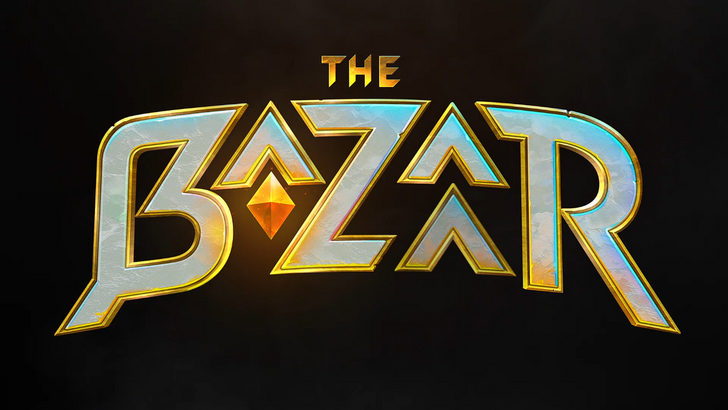
Announcing the Bazaar Release: Date and Time Unveiled
Feb 02,2025
-
2

Andrew Hulshult 2024 Interview: DOOM IDKFA, Blood Swamps, DUSK, Iron Lung, AMID EVIL, Music, Guitars, Cold Brew Coffee, and More
Jan 07,2025
-
3
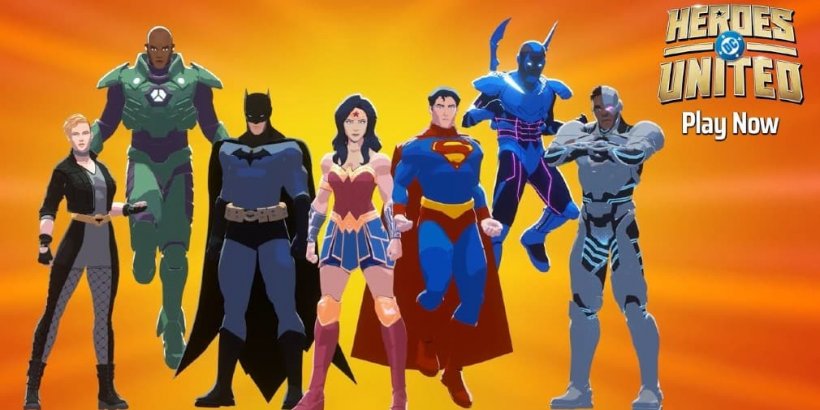
DC Heroes Unite: New Series from Silent Hill: Ascension Creators
Dec 18,2024
-
4
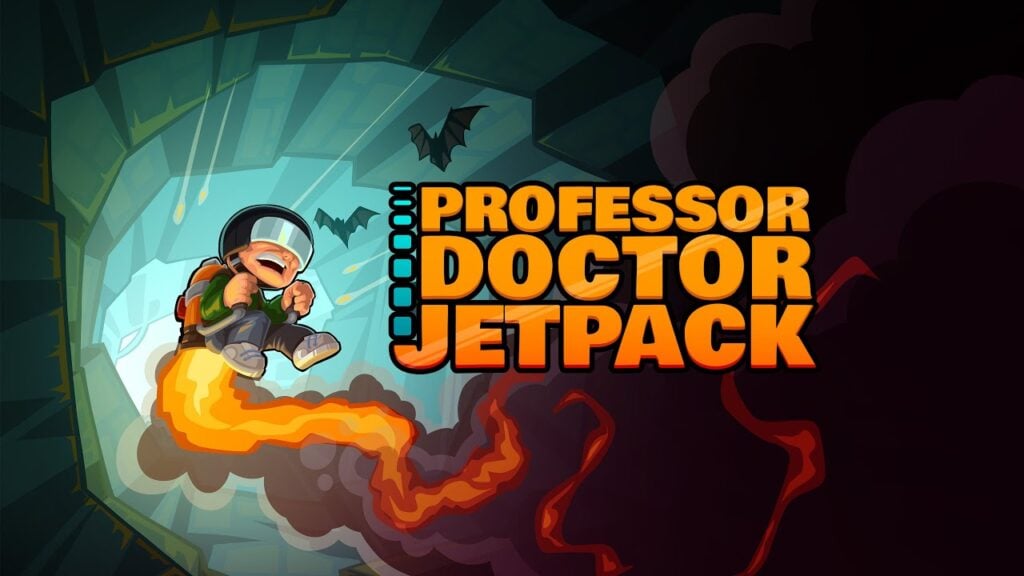
Professor Doctor Jetpack is a Pixel Art Precision Platformer Now Out on Android
Dec 30,2024
-
5
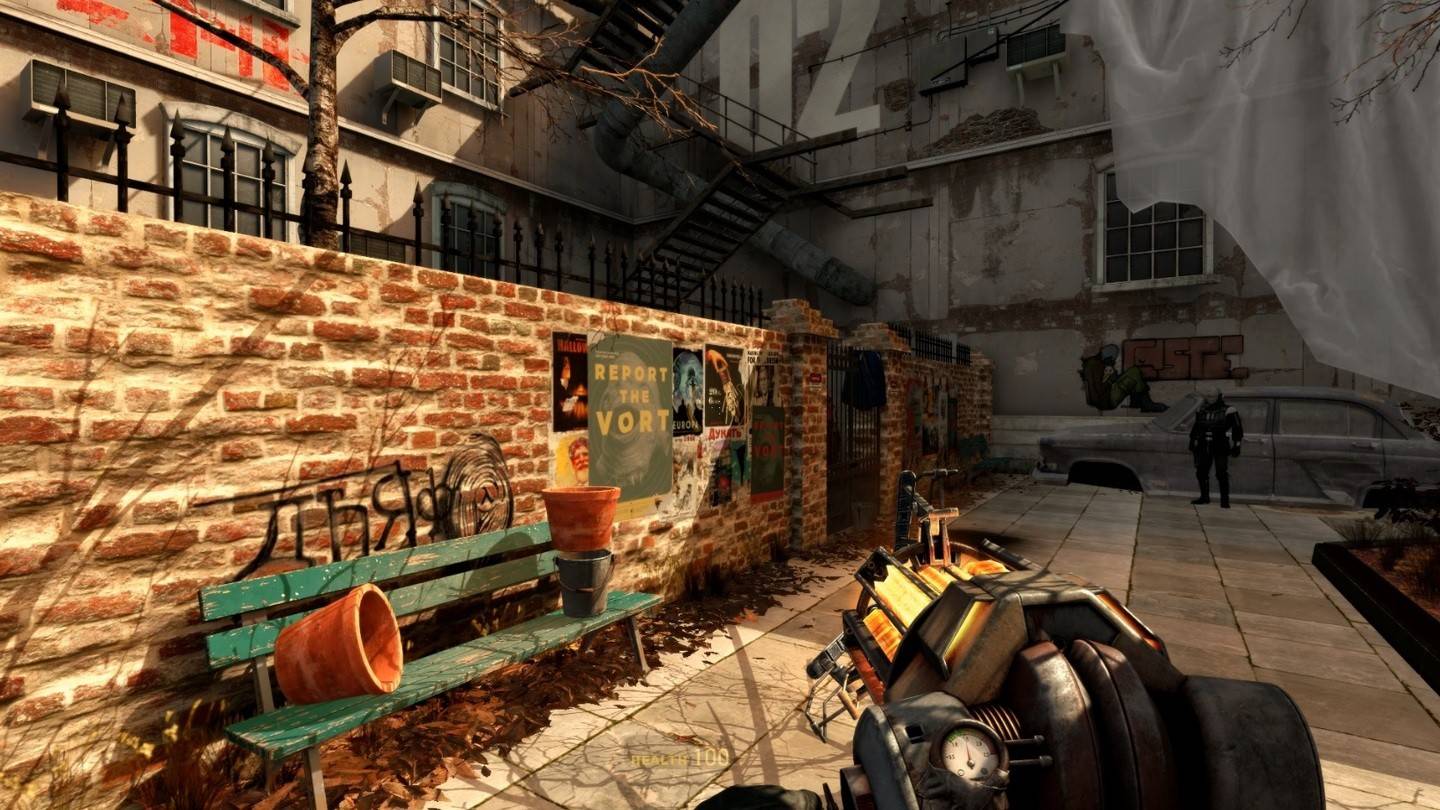
A demo of the fan-made sequel Half-Life 2 Episode 3 Interlude has been released
Jan 05,2025
-
6
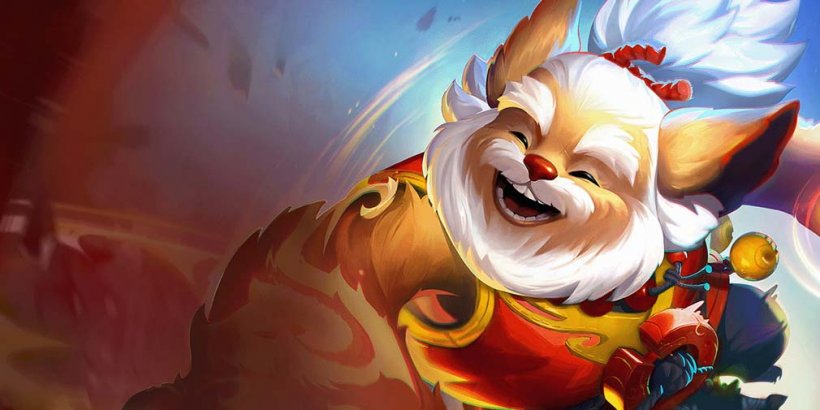
Teamfight Tactics 14.14 Patch Notes: Inkborn Fables Finale
Jan 11,2025
-
7
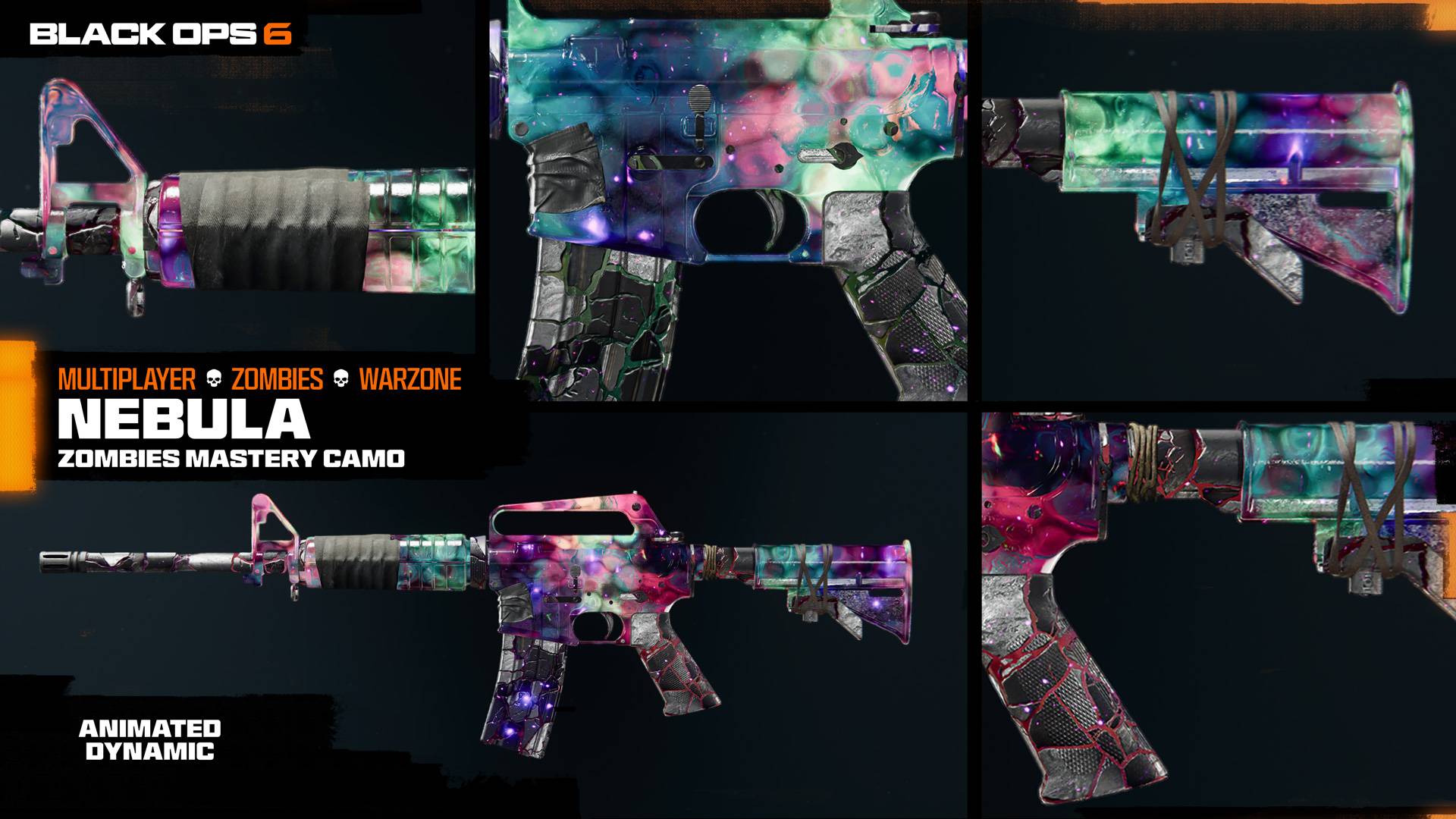
All Camo Challenges in Call of Duty: Black Ops 6 Zombies
Jan 05,2025
-
8
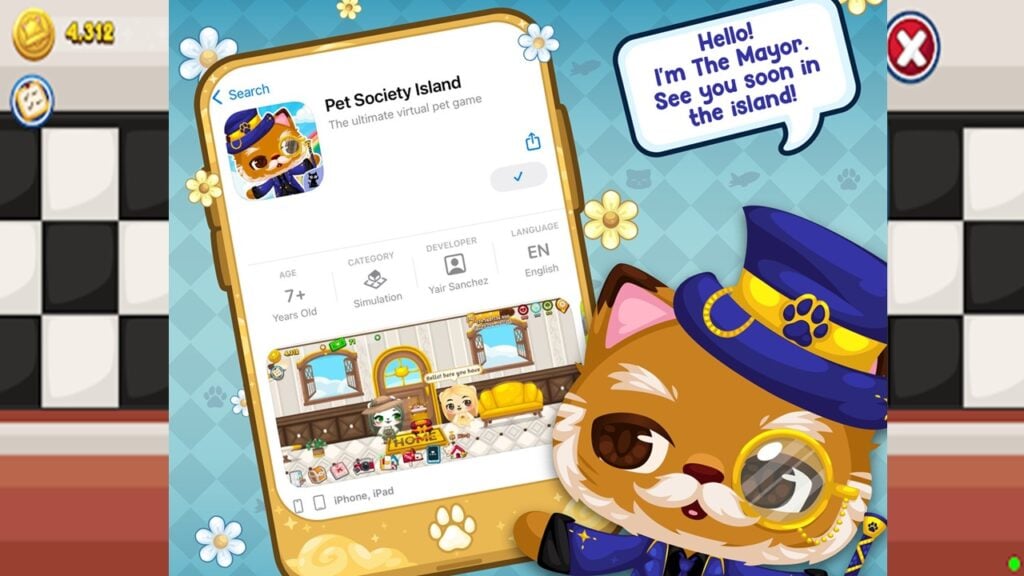
Android Welcomes Virtual Pet Haven: Pet Society Island
Jan 09,2025
-
9

Switch 2: Summer 2024 Launch Expected
Dec 11,2024
-
10

Sword Master Story Is Celebrating Its 4th Anniversary with Tons of Freebies!
Jan 09,2025
-
Download
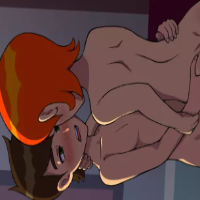
Ben 10 A day with Gwen
Casual / 47.41M
Update: Dec 24,2024
-
Download

A Simple Life with My Unobtrusive Sister
Casual / 392.30M
Update: Dec 10,2024
-
Download
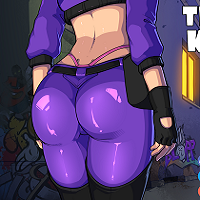
The Lewd Knight
Casual / 1210.00M
Update: Jan 02,2025
-
4
Kame Paradise
-
5
Chumba Lite - Fun Casino Slots
-
6
Little Green Hill
-
7
I Want to Pursue the Mean Side Character!
-
8
Evil Lands: Online Action RPG
-
9
Lost Fairyland: Undawn
-
10
Hero Clash

